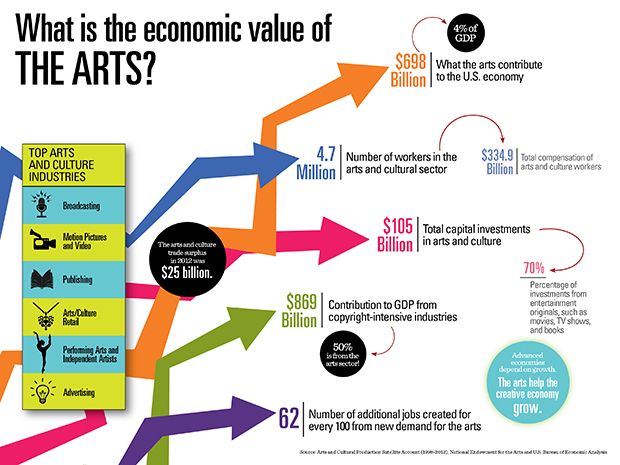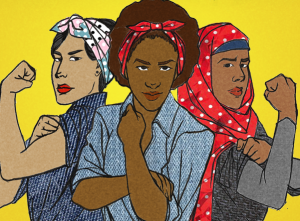Link Roundups feature articles and bits of internet goodness that our dramaturgy team digs up. If you find something you want to send our way, drop us a line on Facebook or Twitter!
♦♦♦♦♦
Melissa Hillman’s post on the TCG blog about what engagement really means gets at some important truths about connecting with audiences:
If we’re going to have productive discussions about diversity, even coded as “audience engagement,” we first need to stop pretending that there’s one discrete “theatre community” that’s all failing in the same way. We need to stop pretending that a lack of diversity in big budget theatre is a lack of diversity in “theatre,” as if people of color cannot create theatre unless a big, white theatre bends down to help them. We need to stop pretending that a lack of diversity in big budget theatre audiences is a lack of diversity in “theatre audiences,” as if young people of color have no theatre unless a big, white theatre creates a space for them. You can’t stop young people of color from making art. It’s happening everywhere, all the time. You can’t stop young people of color from consuming art. It’s happening everywhere, all the time.
♦♦♦♦♦
Over at The Nib, a cartoonist shares a story about the perception of race in comics:


